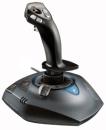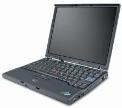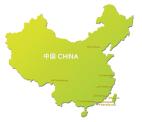
From
vnunet:
"Chinese online games firm
Shanda Entertainment has reported a second quarter of weak revenues and falling profits following a dramatic shift in strategy last year.
The company is betting its future on a new content delivery platform, the
EZ series, but has only managed to attract 50,000 registered customers, despite claiming pre-orders of over 800,000."
"Meanwhile, competitor Netease saw net profits double in the first quarter compared to the same period last year to reach $36.5m."
"Shanda's fortunes have long been tied to its hit multiplayer online game series,
Legend of Mir.
But as the game aged and began to lose market share to newer rivals like
World of Warcraft, Shanda switched from a subscription-based service to a free-to-play business model late last year.
While this strategy has helped Shanda attract new players, observers have blamed it for the firm's plunging profits."
Shanda Interactive Entertainment Ltd Q1 2006 Earnings Conference Call
Transcript











































